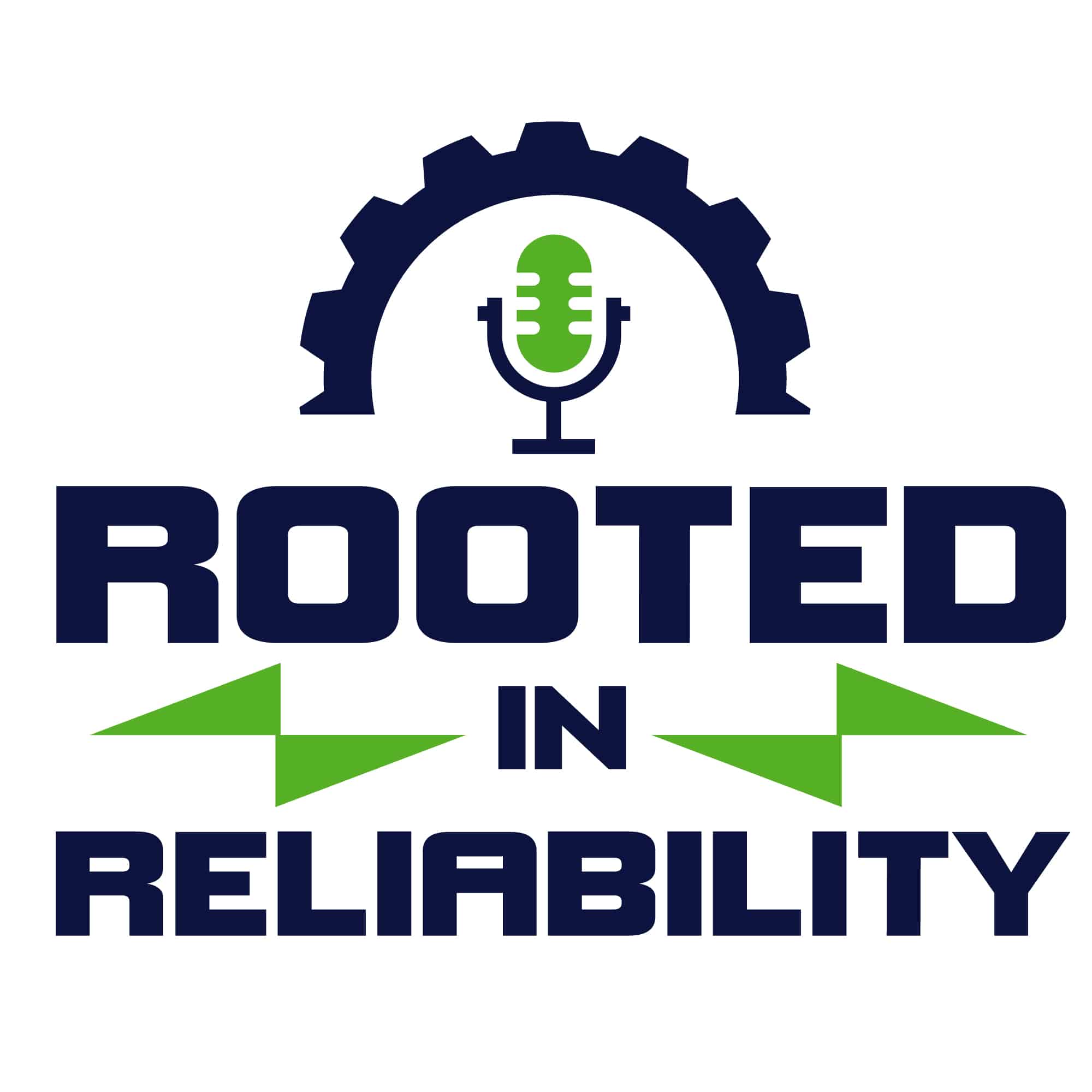
Operational Risk Management Framework with Paul Daoust
When you are striving towards excellence in maintenance and reliability, there are a lot of activities that you have to perform to avoid any risks. The asset management is one of the top activities that goes on in the organizations and there can be certain risks involved while performing different operations in this phase. That’s why you need better insights to foresee the risks and try to mitigate them effectively. This is where operational risk management framework helps you to reduce and control the risks. You can identify the operational risks earlier and perform regulatory compliance more safely than ever.
It happens very often that companies try to plan for the future risks because there’s a lot of work involved. They just solve the problems as they come. That’s why the financial cost increases by a lot and sometimes production suffers significant losses. When you have ORM framework in place, you can set your priorities straight about which risks to manage, evaluate, and plan for. This is kind of approach that is needed to make smatter and informed decisions. It is the very basics of the good decision making that today’s organizations lack in.
The resources are always limited and there is no room for wasting them needlessly. You have to be smarter while allocation and utilization of the budget, plant, and machines. To derive that kind of decision making, you need to get input from anyone involved in the program. Get your stakeholders in a room and ask them to design that framework that will work best for you. You need to have that necessary data to stay on the safe side and win the support of everyone. Otherwise, you would only be mitigating the problems as they occur and not very successfully at that.
The risks are judged on merit and to predict them in a good way, you need to be aware of the consequence and meaning of those risks. The risks are handled probabilistically and that is why it is never enough to just identify the risk. It depends on what you make of that information you have about the effects of that risk. You need to be planning ahead because a good decision is always made by thinking about the long-term results. You need to have a facilitator in place as well to smooth things along the way because you won’t have a controlled destination without him.
When you have competent and skilled leaders in the organizations, it becomes easy to see things clearly as they are. And such is the nature of the risk that you to see its consequences in a real-time environment. When it comes to the financial risks, every organization and even the sites that they have in place, bear different tolerance in terms of finance. Your main goal should be getting that value out of your assets that you need and make sure every decision is based on thorough analysis. Keeping record of everything is a good practice in every industry.
Eruditio, LLC Links:
Paul Daoust Links:
- Scio Asset Management
- Paul Daoust LinkedIn
- Follow Paul on Twitter
- Follow Paul on Patreon
- Follow Paul on Medium

Rooted In Reliability podcast is a proud member of Reliability.fm network. We encourage you to please rate and review this podcast on iTunes and Stitcher. It ensures the podcast stays relevant and is easy to find by like-minded professionals. It is only with your ratings and reviews that the Rooted In Reliability podcast can continue to grow. Thank you for providing the small but critical support for the Rooted In Reliability podcast!
 Ask a question or send along a comment.
Please login to view and use the contact form.
Ask a question or send along a comment.
Please login to view and use the contact form.
Paul – thx for the article and reinforcing the foundational elements of risk management. As you rightly point out, risk(s) cannot be eliminated, but managed based on risk tolerance of the organization. Hence, why I was taken aback a bit in the opening statement of your article (“…avoid any risks.”) – not sure what you meant by this? The other thing to bear in mind is that risk analysis (without meaningful data) cannot be done in isolation. It requires the right individuals, each bringing forth their experience/risk tolerance, to help establish the best understanding of the risk for a given situation.
Keep up the great work!